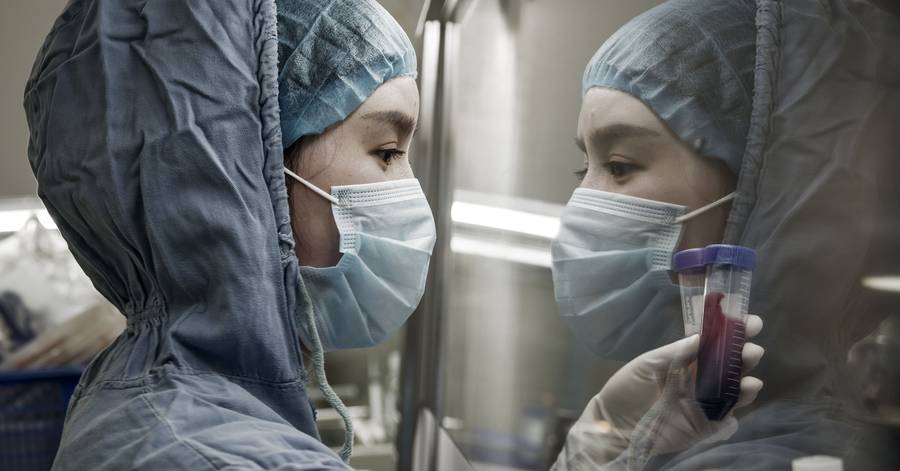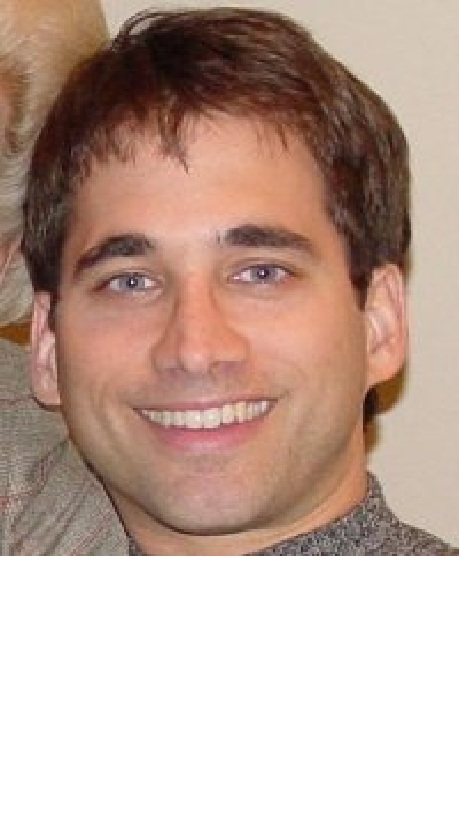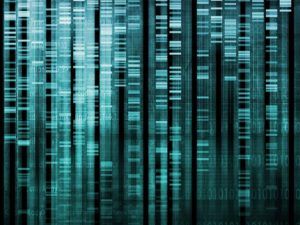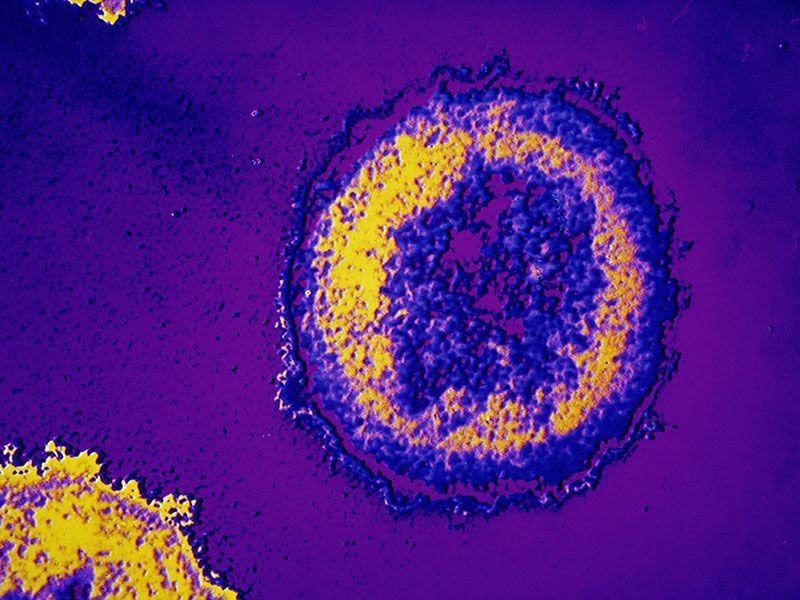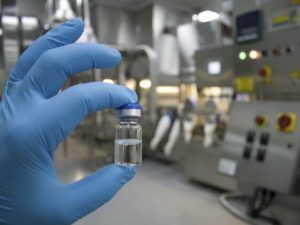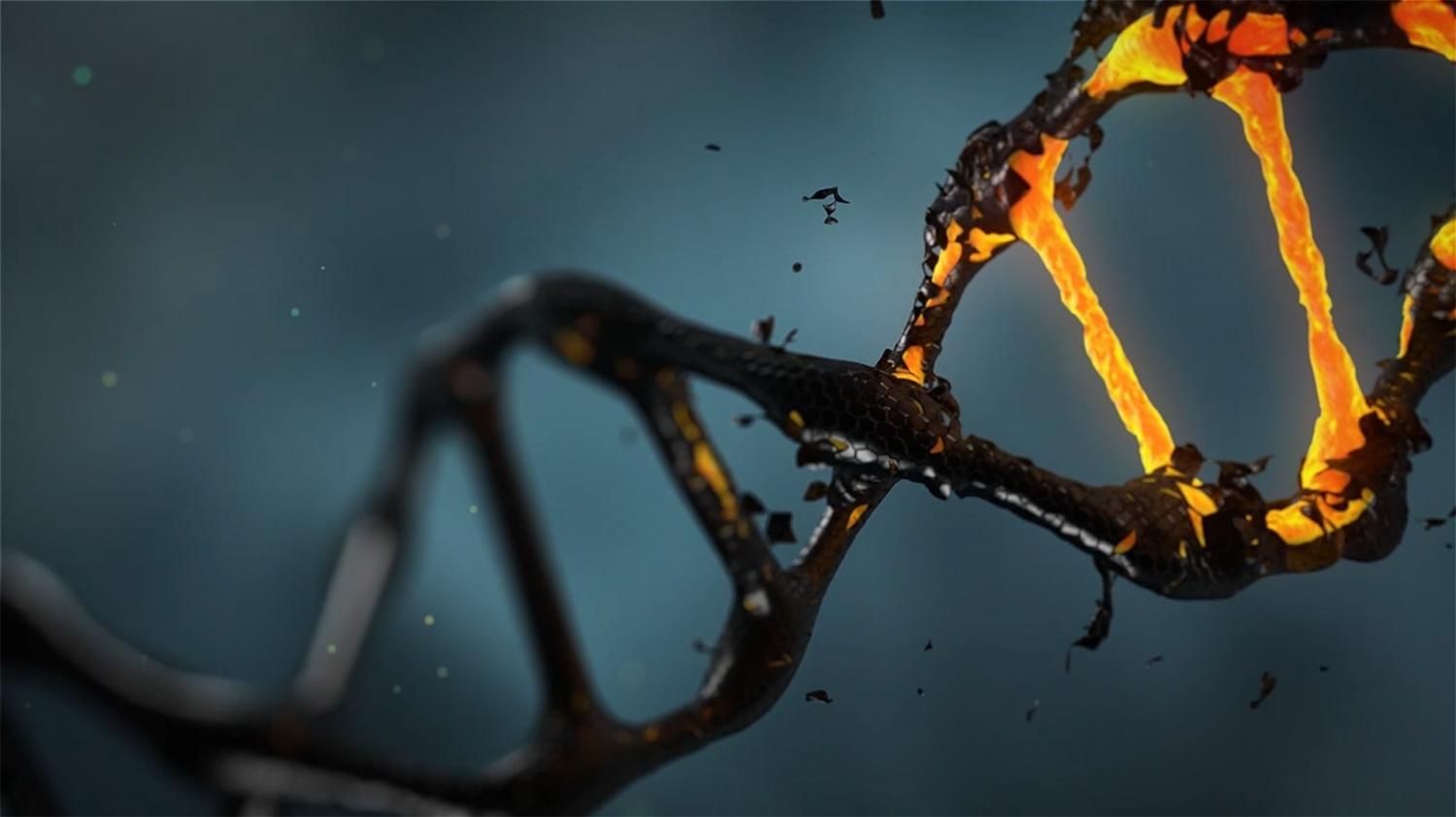
An international team of researchers led by a group with deCODE Genetics, a biopharmaceutical company in Iceland, has partly recreated the DNA of a man who died in 1827, despite having no body to take tissue samples from. In their paper published in the journal Nature Genetics, the team describes reconstructing “a sizable portion” of the original DNA of the man by studying DNA samples from his descendants.
In a unique and interesting project, the team worked with genetic information from people living in Iceland to recreate the DNA of a man well known in that country due to his unique story. He was an escaped black slave who made his way to Iceland—a place where there were no other people of African descent. That made his DNA extremely unique. More importantly, the man, Hans Jonatan, was, as the story goes, “welcomed with open arms,” which meant he was able to marry a local woman and have children. Those children produced children of their own, who inherited part of Jonatan’s DNAdding to the story, Iceland just happens to have one of the most extensive genealogical databases in the world today—it includes data on over a third of the entire population of the country.
In this new effort, the researchers took advantage of the unique situation to find Jonatan’s descendants by narrowing an original pool of 788 descendants down to a manageable 182—each one of whom held one small piece of the puzzle in their genes. After much work, the team reports that they were able to use the pieces they found to recreate a large part of Jonatan’s DNA without using any tissue from him at all—the first time such a feat has ever been achieved. They were also able to trace some of Jonatan’s ancestry starting with his mother, an African slave on a plantation in St. Croix, which at the time of Jonatan’s birth was a Danish colony. They believe his father was a white European.
Continue reading “Researchers Recreate DNA Of Man Who Died In 1827 Despite Having No Body To Work With” »
